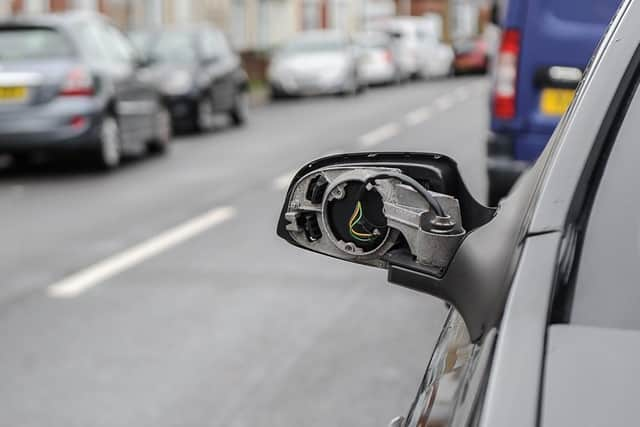Drivers being warned to watch out for clip for cash scams - what is it and what are the warning signs
and live on Freeview channel 276
Unlike traditional crash for cash scams where fraudsters cause a collision, this new scam dubbed clip for cash, involves scammers accusing innocent drivers of clipping their wing mirror before demanding cash up front. To tackle the problem, the Insurance Fraud Bureau (IFB) and City of London Police’s Insurance Fraud Enforcement Department (IFED) have launched a national campaign to help motorists spot the warning signs of the scam and report it.
The IFB and IFED are investigating more than 40 incidents where innocent people appear to have been targeted, but they are concerned hundreds of cases could be going unreported because people do not recognise the scam tactics. Ursula Jallow, director at IFB, said: "Clip for cash is an increasing threat to drivers.
Advertisement
Hide AdAdvertisement
Hide Ad“These fraudsters trick innocent motorists into thinking they’ve caused genuine damage and then apply pressure tactics to get victims to hand over cash. As there is little awareness of this new fraud type, it means drivers are more susceptible to falling victim.”
What is a clip for cash scam?
According to the IFED, a clip for cash nearly always takes place on a residential road - as the victim drives by, the fraudster is parked in their car on the left-hand side and throws an object, such as a large rock, at the side of the victim’s car to make an impact sound. The startled driver is soon flashed by the fraudster’s car to get them to stop, before being accused of clipping their wing mirror (which was already damaged).
The fraudster usually demands the victim hands over cash instantly – which could be as much as £200. Another example is when people are pressured into visiting a cashpoint.


Clip for cash scam: the warning signs
Warning signs of a clip for cash scam include someone asking for money at the scene. Police say money should never be handed over at the scene, even if a genuine collision has taken place.
Advertisement
Hide AdAdvertisement
Hide AdIf someone is accused of damaging a wing mirror, insurance details should be swapped as is legally required. If there is an imminent risk of danger, police should be called and money should never be handed over at the scene, police said, even if a genuine collision has happened.
